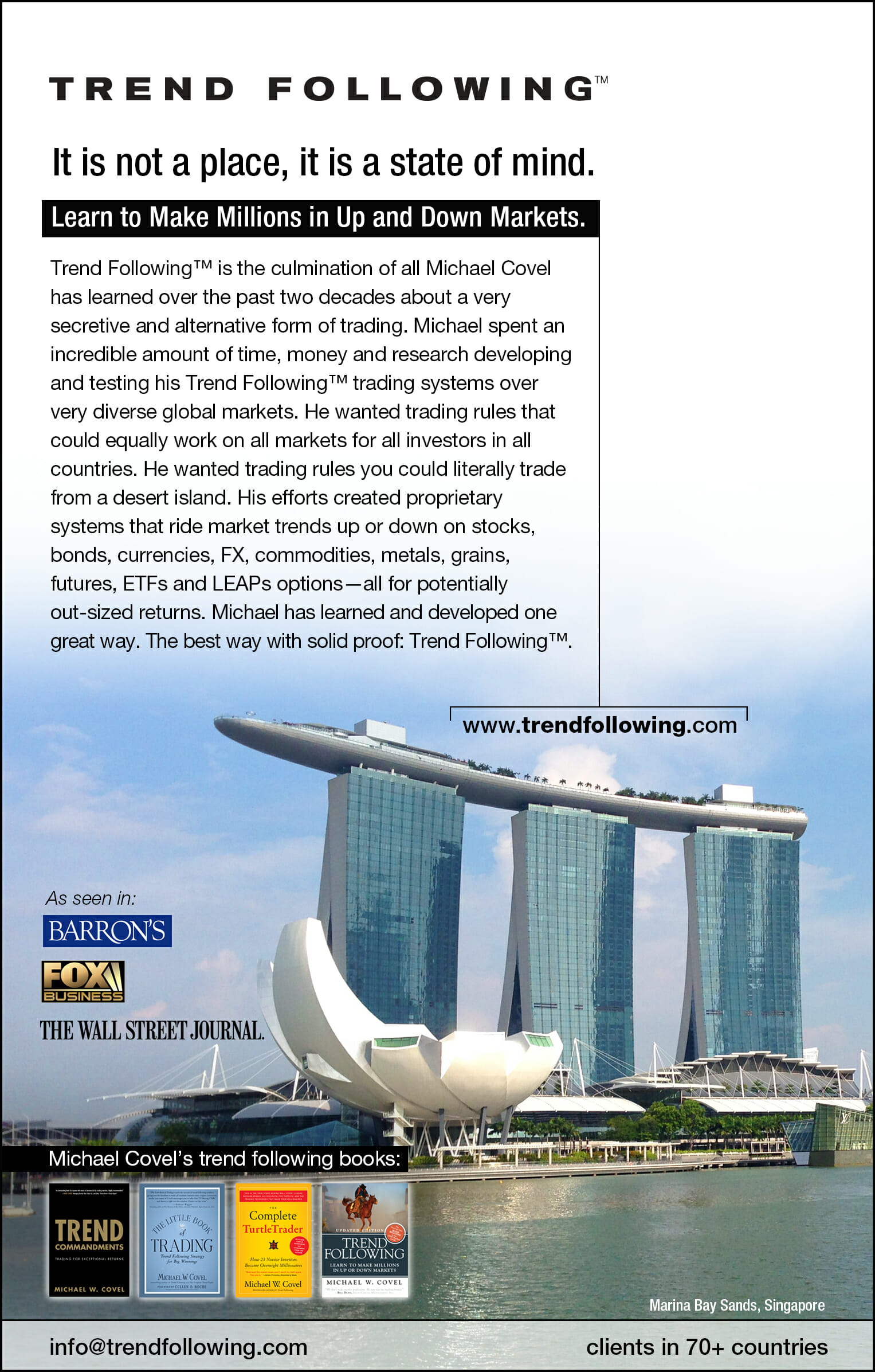This PDF book review outlines the case against “prediction”. An excerpt:
“Prediction is one of the pleasures of life. Conversation would wither without it. ‘It won’t last. She’ll dump him in a month.'” If you’re wrong, no one will call you on it, because being right or wrong isn’t really the point. The point is that you think he’s not worthy of her, and the prediction is just a way of enhancing your judgment with a pleasant prevision of doom. Unless you’re putting money on it, nothing is at stake except your reputation for wisdom in matters of the heart. If a month goes by and they’re still together, the deadline can be extended without penalty. ‘She’ll leave him, trust me. It’s only a matter of time.’ They get married: ‘Funny things happen. You never know.’ You still weren’t wrong. Either the marriage is a bad one – you erred in the right direction – or you got beaten by a low-probability outcome. It is the somewhat gratifying lesson of Philip Tetlock’s new book, “Expert Political Judgment: How Good Is It? How Can We Know?“, that people who make prediction their business – people who appear as experts on television, get quoted in newspaper articles, advise governments and businesses, and participate in punditry roundtables – are no better than the rest of us. When they’re wrong, they’re rarely held accountable, and they rarely admit it, either. They insist that they were just off on timing, or blindsided by an improbable event, or almost right, or wrong for the right reasons. They have the same repertoire of self-justifications that everyone has, and are no more inclined than anyone else to revise their beliefs about the way the world works, or ought to work, just because they made a mistake. No one is paying you for your gratuitous opinions about other people, but the experts are being paid, and Tetlock claims that the better known and more frequently quoted they are, the less reliable their guesses about the future are likely to be. The accuracy of an expert’s predictions actually has an inverse relationship to his or her self-confidence, renown, and, beyond a certain point, depth of knowledge. People who follow current events by reading the papers and newsmagazines regularly can guess what is likely to happen about as accurately as the specialists whom the papers quote. Our system of expertise is completely inside out: it rewards bad judgments over good ones.”
Trend Following Products
Review trend following systems and training:

More info here.
